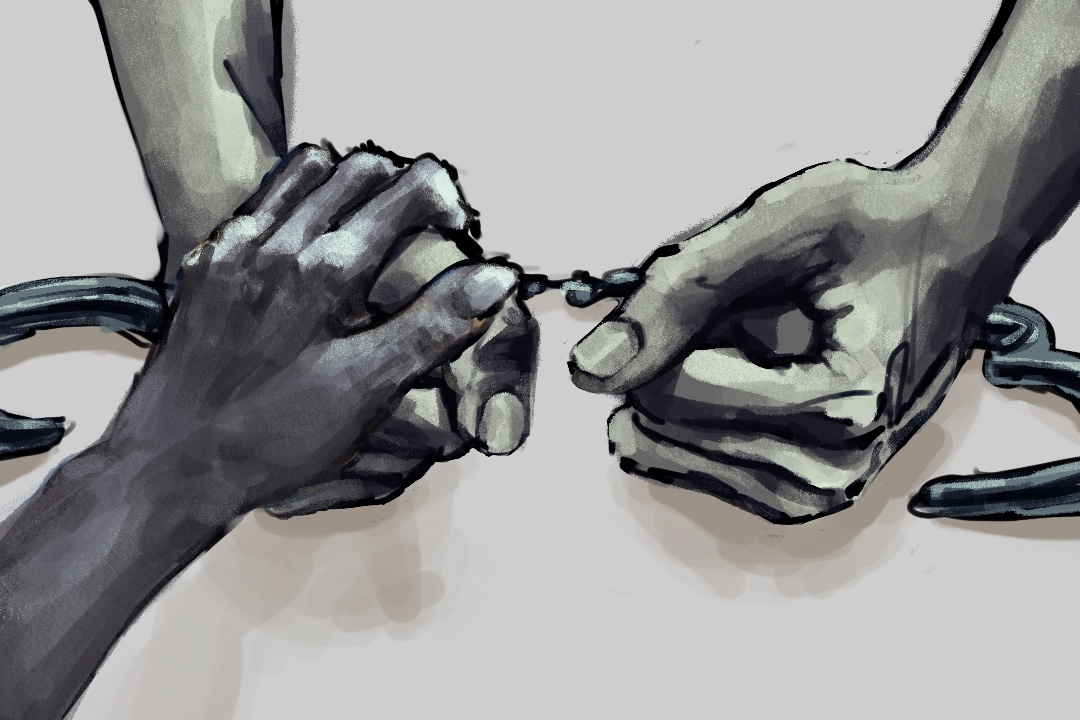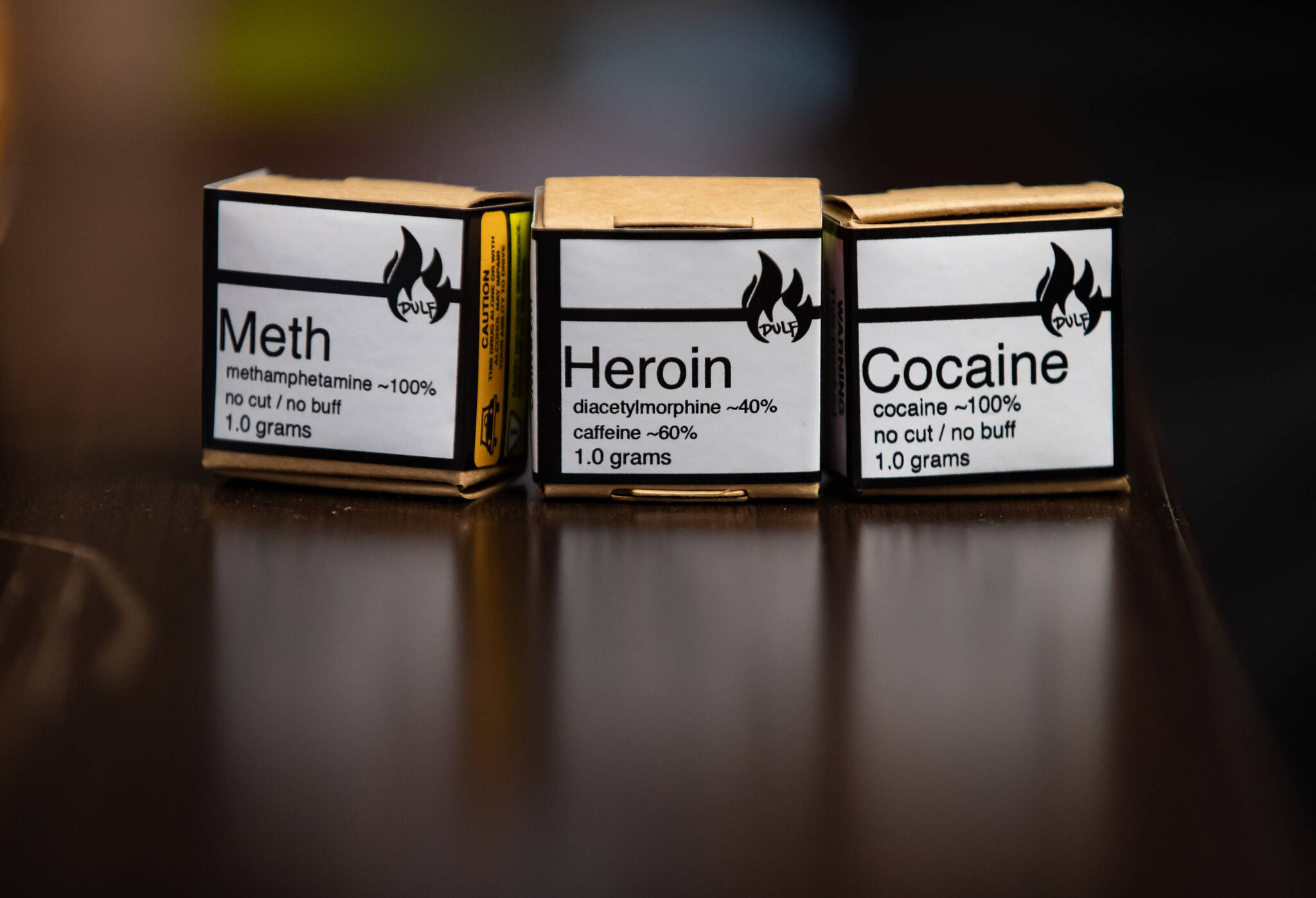
There’s been a pretty big development in drug decriminalization in Canada! By now many of you have probably heard the announcement made by the federal government that British Columbia will be the first province to decriminalize small amounts of some drugs for personal use. More specifically, “Canadians 18 years of age and older will be able to possess up to a cumulative 2.5 grams of opioids, cocaine, methamphetamine and MDMA within B.C. as of Jan. 31, 2023.” This is a pilot project, where the BC government intends to keep this law in place for three years, until January 31, 2026 unless otherwise “…revoked or replaced with another exemption before that date.”  This is definitely a step in the right direction! We know that any forward movement in decriminalizing substances helps to decriminalize and destigmatize those who use drugs. BC overall, and Vancouver more specifically, have both been leading the charge in the country towards this end with the introduction of a safe supply program last summer and Vancouver’s filing for drug possession exemptions last November. Since then Toronto has filed a similar exemption request, and the same is being considered by various municipalities across the country, most notably in Hamilton, Edmonton, and Saskatoon. Also in favour of decriminalizing drugs for personal use is the Ontario NDP, which is something they say they will work towards now that they are once again the official opposition in the provincial government. The federal government has also come out saying they are open to working with various jurisdictions to expand decriminalization efforts across the country, and even the Conservatives claim to support a health-based rather than criminal approach to all substance use. However, we have yet to see progress in creating such a policy at the federal level, which is crucial given the number of opioid related deaths and continued stigma experienced across the country.
This is definitely a step in the right direction! We know that any forward movement in decriminalizing substances helps to decriminalize and destigmatize those who use drugs. BC overall, and Vancouver more specifically, have both been leading the charge in the country towards this end with the introduction of a safe supply program last summer and Vancouver’s filing for drug possession exemptions last November. Since then Toronto has filed a similar exemption request, and the same is being considered by various municipalities across the country, most notably in Hamilton, Edmonton, and Saskatoon. Also in favour of decriminalizing drugs for personal use is the Ontario NDP, which is something they say they will work towards now that they are once again the official opposition in the provincial government. The federal government has also come out saying they are open to working with various jurisdictions to expand decriminalization efforts across the country, and even the Conservatives claim to support a health-based rather than criminal approach to all substance use. However, we have yet to see progress in creating such a policy at the federal level, which is crucial given the number of opioid related deaths and continued stigma experienced across the country.
Continue reading